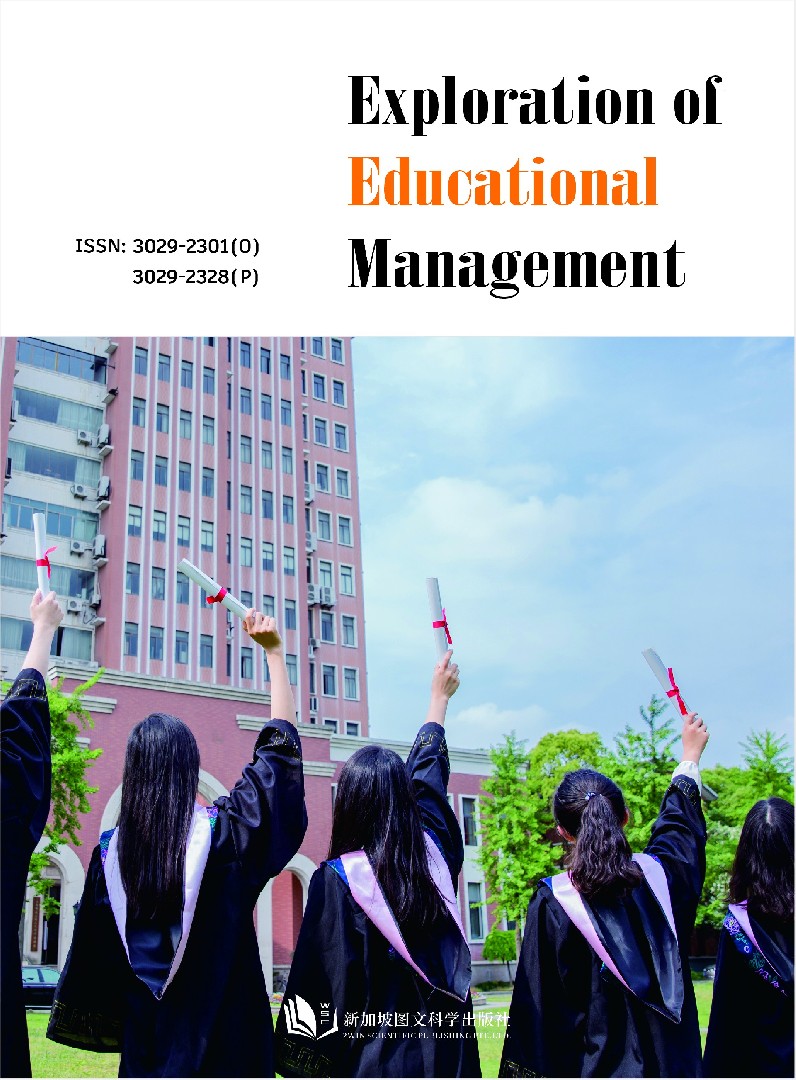作者
Xinting Hou
文章摘要
This study aims to apply Arundale's[1-3] Conjoint Co-constituting Model of Communication to investigate the construction process of mentor identity in formal and informal academic contexts, with a focus on identity interactions between mentors and students. The theory of identity joint construction emphasizes the process by which individuals shape and construct identities through shared activities and interactions in social settings. In academic environments, the construction of mentor identity is crucial for teaching quality, academic succession, and disciplinary development. Using research methods such as recordings, interviews, observations, and text analysis, we will explore how mentors jointly construct their identities in formal academic settings (e.g., classrooms, academic conferences) and informal academic settings (e.g., one-on-one interactions between mentors and students, laboratory environments). The findings of this study will contribute to a deeper understanding of mentor identity construction in academic environments, providing theoretical and practical insights for improving educational quality, cultivating excellent scholars, and promoting academic exchange.
文章关键词
mentor identity construction, conjoint co-constituting model of communication, mentor-student relationship.
参考文献
[1] Arundale, R. An alternative model and ideology of communication for an alternative to politeness theory. Pragmatics, 1999; 9(1): 119 -154.
[2] Arundale, R. Face as relational and interactional: A communication framework for research on face, facework, and politeness. Journal of Politeness Research, 2006; 2: 193-216.
[3] Arundale, R. (2010). Constituting face in conversation: Face,facework,and interactional achievement. Journal of Pragmatics, 2010; 42: 2078-2105.
[4] Haugh, M., J. Culpeper. Integrative pragmatics and (im)politeness theory. Pragmatics and its Interfaces. Amsterdam: John Benjamins Publishing Company, 2018; 213-239.
[5] Hill, S.E.M., Ward, W.L., Seay, A. et al. The Nature and Evolution of the Mentoring Relationship in Academic Health Centers. J Clin Psychol Med Settings, 2022; 29: 557–569.
[6] Ren, Y. The Conjoint Co-constitution of Identity: A New Exploration of Dynamic Construction of Identity. Journal of Foreign Languages, 2022; 45(3): 48-58.
[7] Steele, R. G. The social construction of professional mentorship. Journal of Pediatric Psychology, 2013; 38(2): 126-131
[8] Zhou, Y., Zhang, R. Liu, X. The Difference in Co-existence--A Study on the Relationship between Supervisors and Postgraduates from the Perspectives of Teachers and Students Respectively based on a University Survey in Gansu Province. Graduate Education Research, 2023; 06: 52-62.
[9] Thomas, J. Meaning in Interaction: An Introduction to Pragmatics. Oxford: Oxford University Press; 1995.
[10] Van De Mieroop, D. S. Schnurr. Negotiating meaning and co-constructing institutionalisable answers: Leadership through gate-keeping in performance appraisal interviews. Journal of Pragmatics, 2014; 67: 1-16.
Full Text:
DOI
